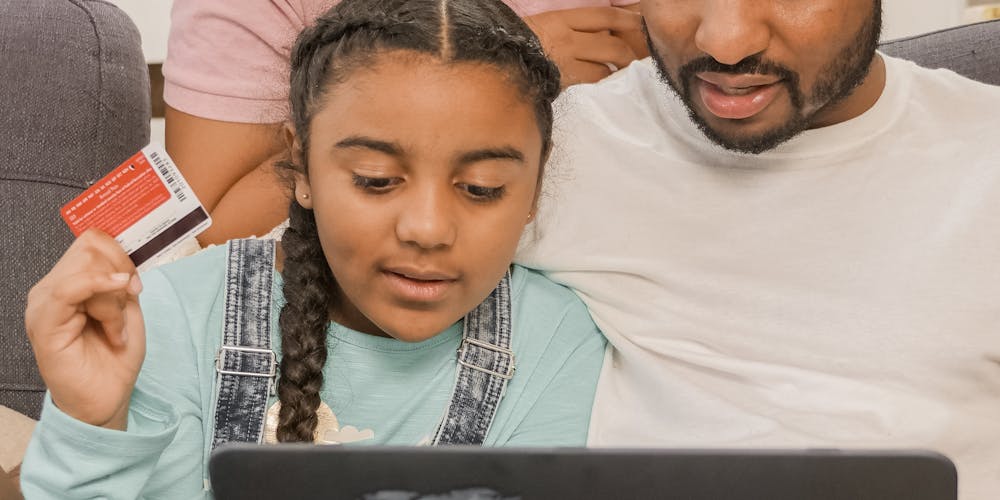Australian bank Westpac has recently announced an innovative initiative that aims to bridge the gap in financial literacy among young people by introducing debit cards for children as young as eight years old. This strategic move is not only a fascinating development in the banking industry but also a significant step forward in teaching essential money management skills from an early age. By lowering the minimum age for obtaining a debit card from 14 to 8, Westpac is attempting to instill financial responsibility early in life, coupled with comprehensive parental controls to ensure security and oversight that alleviate parents’ concerns.
The initiative is packed with various parental control features, including daily and weekly spending limits, push notifications to parents for any expenditure, and blocks on online payments. These measures are designed to address parents’ apprehensions about safeguarding their children from online threats and unauthorized spending. The implementation of these features reflects a conscientious approach to money management education, ensuring that while children gain financial literacy, they remain within a monitored and secure environment.
Westpac’s Survey Insights
Westpac’s decision is backed by a recent survey that reveals an already proactive attitude among parents regarding digital financial education for their children. According to the survey, an impressive three-quarters of parents are currently engaged in teaching their kids digital financial literacy. This statistic underscores a growing recognition of the importance of equipping children with the skills needed to navigate an increasingly cashless society.
Interestingly, more than half of the parents who participated in the survey expressed a desire for their children to possess a debit card as a practical tool to understand money management better. Furthermore, the survey highlights that nearly three-quarters of parents are comfortable with their child having a transaction account, while three out of five are open to the idea of their children owning a debit card. This parental support indicates that Westpac’s initiative aligns well with existing family financial education practices and could meet a real need felt by many households.
Yet, the initiative does not come without concerns. While many parents are supportive, a substantial number are wary of the potential risks involved, particularly in the realm of online safety. Around two in five parents identified the lack of adequate controls to monitor and prevent online threats as a significant worry. This highlights the importance of the safety measures Westpac has incorporated into their new offering. By addressing these valid apprehensions, the bank aims to provide a balanced approach that combines financial education with robust security measures.
Expert Endorsements
Chris Brell, the acting Managing Director of cash and transactional banking at Westpac, has strongly advocated for early financial education through this initiative. He emphasizes the pivotal role of discussing money matters early and allowing children to practice both saving and spending as a method to significantly enhance their financial literacy. Brell believes that the bank’s comprehensive parental controls and safety measures support this educational objective by ensuring that children learn the value of money within a secure framework.
Additionally, the initiative has garnered commentary from external experts like Ade Adetosoye from MA GLOBAL. Ade underscores the importance of balancing the educational benefits of introducing financial products to young children with the potential risks that come with it. Ade insists that strong parental involvement and proper financial education are imperative to instilling healthy financial habits in children without exposing them to the negative aspects of early financial product usage. This balanced outlook highlights the necessity of a multi-faceted approach in rolling out such initiatives.
Fostering Financial Responsibility
Westpac, an Australian bank, has unveiled a groundbreaking initiative aimed at boosting financial literacy among young people by offering debit cards to children as young as eight years old. This bold strategy is not only a remarkable development in the banking sector but also a crucial step in teaching vital money management skills from an early stage. By reducing the minimum age for obtaining a debit card from 14 to 8, Westpac aims to instill financial responsibility early on, coupled with comprehensive parental controls to ensure security and oversight, thereby easing parental concerns.
The program includes several parental control features, such as daily and weekly spending limits, notifications to parents for any expenditure, and blocks on online payments. These safeguards are intended to address parents’ worries about protecting their children from online threats and unauthorized spending. The implementation of these features demonstrates a thoughtful approach to financial education, ensuring that while children acquire financial literacy, they do so within a monitored and secure environment.

